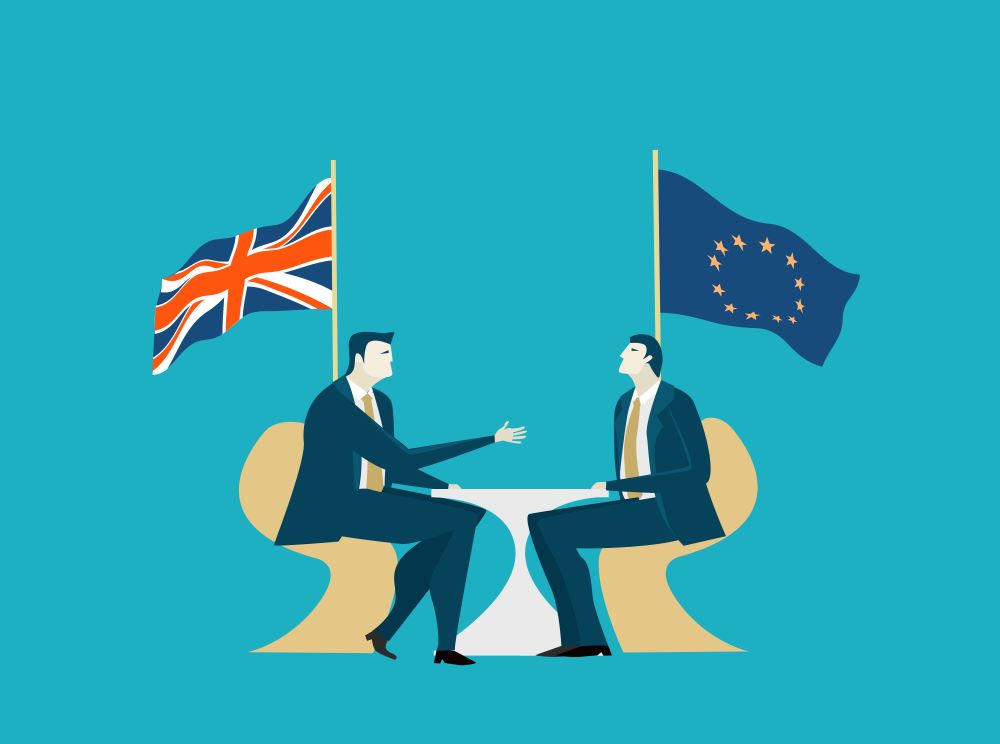
There was slow progress on the Northern Ireland Protocol talks last week as Brexit minister Lord Frost reported the progress had been “limited” with the gap between the UK and EU “significant”.
Frost said there was some convergence on the issue of medicines, where the EU has offered concessions to safeguard the movement of drugs from GB to NI, adding that the details were still being considered.
Tweeting his round-up of the eighth week of talks between his team and that of his EU counterpart Maros Sefcovic, Frost called for more progress on customs and SPS “to deal with the fundamental issue of improving the flow of goods between Great Britain and Northern Ireland”.
Intensification of talks
Although there had been constructive talks on subsidies, it remained unresolved as does the issue of governance.
Teams will continue “intensified” talks this week, said Frost, who added that Article 16 could be triggered if a solution was not found.
Sefcovic had tweeted his own clipped summation earlier of the video discussion with Frost, focusing on the issue of medicine supply, which he sees as the key to unlocking other areas of the protocol discussions.
“Time to get medicines across the finish line and show strong political will to advance on the rest,” he tweeted. This will translate into real benefits for all communities in NI.”
Unilateral response
The EU has said it could act unilaterally to ensure medicines continue to flow into NI, which some drugs companies have said they will no longer supply due to costly dual licensing requirements that are an outcome of the protocol.
However, DUP leader Sir Jeffrey Donaldson said that medicines were only one issue to be resolved and that the protocol should be scrapped if the two sides could not reach an accord, reports the Independent.
“If agreement cannot be reached in the negotiations, then the government must do what the government has pledged to do. That is to take the action that is necessary to fully restore Northern Ireland’s place within the UK internal market, and to remove the Irish Sea customs border on goods moving from Great Britain to Northern Ireland,” he said.
Public and MPs at odds
As a result of the protocol, NI remains in the EU's single market for goods while also staying part of UK customs territory. This dual status allows goods to flow to and from NI to the Republic of Ireland and the rest of the EU as they did while the UK was a member of the EU – that is, without customs checks or tariffs.
New research shows that a majority of people in NI think that the protocol is good for the province, reports the New Statesman.
The study, by UK in a Changing Europe, found that more than half (53%) think the protocol is appropriate, and 52% think it on balance good for NI (and 41% disagreeing, with 7% undecided).
MPs in Northern Ireland have a more negative attitude, with 59% of Labour MPs and 53% of Conservatives thinking that it was not good for NI.

